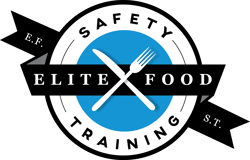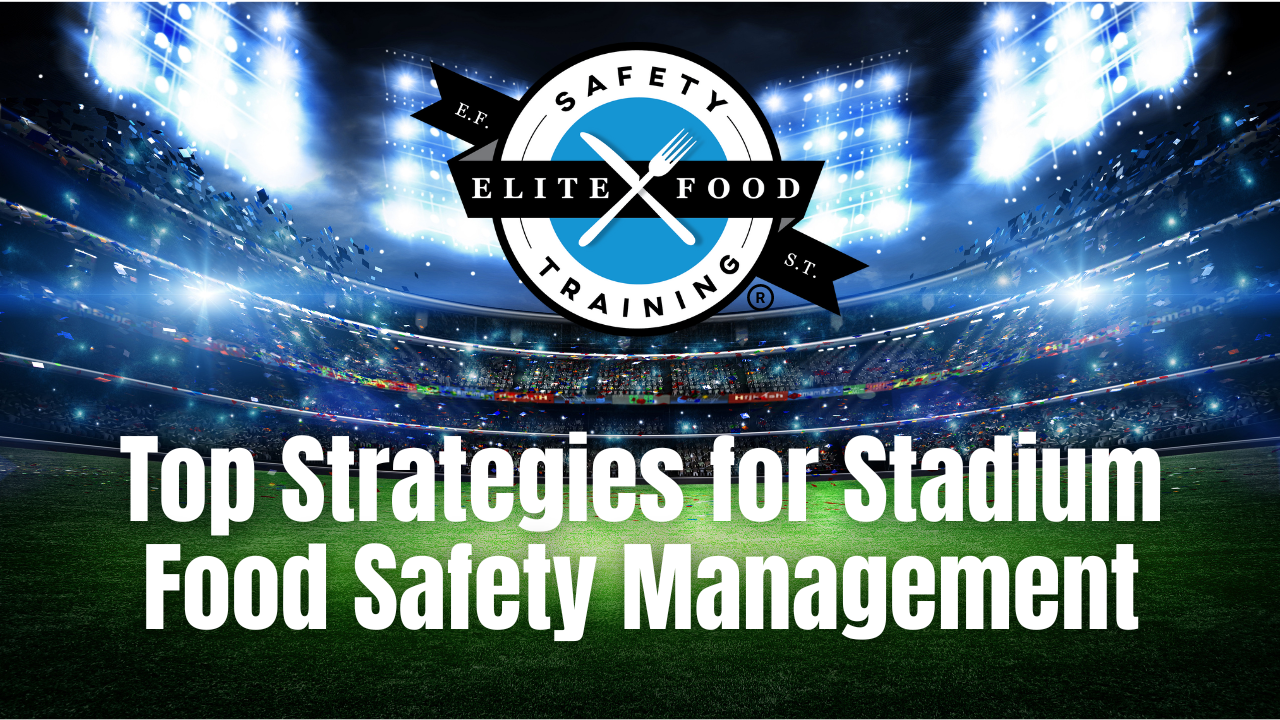Explore the critical strategies that ensure food safety at stadiums, safeguarding thousands of fans from potential foodborne illnesses.
Establishing Robust Vendor Standards for Food Safety
One of the top strategies for ensuring food safety at stadiums is to establish robust vendor standards. This involves setting strict guidelines and requirements for food vendors to follow in order to prevent foodborne illnesses. These standards can include proper storage and handling of food, regular inspections and audits, and training programs for vendors to ensure they are educated on best practices for food safety. By establishing these standards, stadiums can minimize the risk of foodborne illnesses and ensure that the food served to fans is safe to consume.
Another important aspect of establishing robust vendor standards is conducting thorough background checks on vendors to ensure they have a track record of food safety compliance. This can help identify any potential risks or issues before allowing vendors to operate within the stadium. By carefully vetting vendors and holding them to high standards, stadiums can maintain a safe food environment for fans.
Implementing Cutting-Edge Training and Certification Programs
Another key strategy for stadium food safety is implementing cutting-edge training and certification programs. One such program is ServSafe Certification Training, which is specifically designed to educate foodservice professionals on safe food handling practices and prevent foodborne illnesses.
By partnering with Elite Food Safety Training, stadiums and arenas can ensure that their staff members receive the necessary training to handle food safely. This training covers topics such as proper food storage and handling, temperature control, and personal hygiene. By equipping staff members with the knowledge and skills to maintain food safety, stadiums can greatly reduce the risk of foodborne illnesses.
In addition to ServSafe Certification Training, stadiums should also prioritize ServSafe Alcohol Training. This training helps staff members recognize and prevent alcohol-related issues, ensuring the safety of attendees. By educating staff members on responsible alcohol service and intervention techniques, stadiums can create a safer environment for fans.
Advanced Monitoring and Surveillance of Food Handling Practices
To further enhance food safety at stadiums, advanced monitoring and surveillance of food handling practices should be implemented. This involves the use of technologies such as food safety cameras and sensors to monitor critical control points in the food handling process.
By leveraging technology, stadiums can closely monitor food storage temperatures, food preparation practices, and cleanliness of food preparation areas. This real-time monitoring allows for immediate detection of any deviations from food safety standards, enabling prompt corrective actions to be taken. By closely monitoring food handling practices, stadiums can proactively identify and address potential food safety risks, ensuring the safety of fans.
Leveraging Technology for Efficient Food Safety Compliance
In addition to monitoring and surveillance, stadiums can leverage technology for efficient food safety compliance. This includes implementing digital record-keeping systems to track and manage food safety documentation, such as temperature logs, cleaning schedules, and employee training records.
By digitizing these processes, stadiums can streamline food safety compliance and easily access records for inspections and audits. This not only improves efficiency but also ensures that all necessary documentation is readily available to demonstrate compliance with food safety regulations. By leveraging technology, stadiums can simplify food safety management and maintain a high level of compliance.
Fostering a Culture of Safety Among Staff and Patrons
Lastly, fostering a culture of safety among staff and patrons is crucial for stadium food safety. This involves creating an environment where everyone understands and prioritizes food safety practices.
Stadiums can achieve this by providing ongoing training and education to staff members, reinforcing the importance of food safety and the role they play in preventing foodborne illnesses. Regular communication and reminders about food safety protocols can help keep staff members vigilant and accountable.
Furthermore, stadiums can also educate patrons about food safety through signage, announcements, and digital displays. By raising awareness among fans and encouraging them to practice safe food handling and hygiene, stadiums can create a collective responsibility for food safety.
By implementing these strategies and fostering a culture of safety, stadiums can ensure that foodborne illnesses are minimized and fans can enjoy their favorite sporting events without worrying about the safety of the food they consume.


.png)
-2.png)
-2.png)
.jpg)
